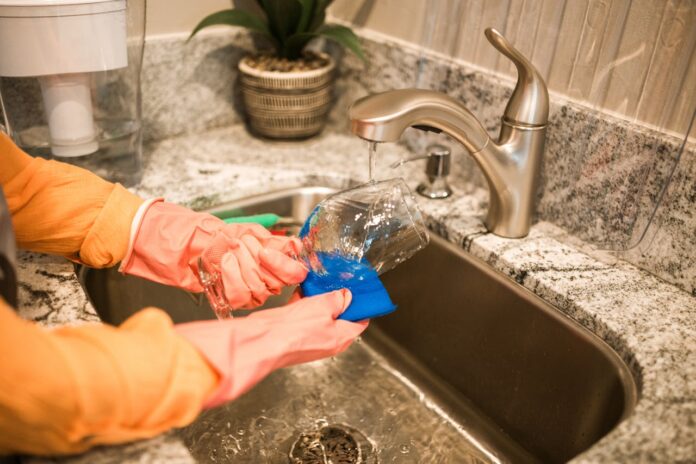Introduction:
A clogged drain is a household nuisance that can disrupt daily life, leading to inconvenience and potential damage if left unaddressed. From the kitchen sink to the shower drain, blockages can occur anywhere in the plumbing system, causing water to back up and drain slowly or not at all. Understanding the causes, implementing effective solutions, and adopting preventive measures are essential for maintaining a smoothly functioning drainage system.
Understanding the Causes of Clogged Drains:
- Accumulation of Grease and Oil: Pouring grease and oil down the drain can lead to buildup over time, forming stubborn clogs that obstruct water flow.
- Food Debris: In the kitchen sink, food particles, especially those from starchy or fibrous foods, can accumulate and form blockages.
- Hair and Soap Scum: In bathroom drains, hair and soap residue can combine to create obstructions, particularly in shower and bathtub drains.
- Foreign Objects: Accidental or intentional disposal of non-flushable items such as cotton swabs, sanitary products, and hair accessories can contribute to clogs.
- Mineral Buildup: Hard water contains minerals like calcium and magnesium that can accumulate in pipes, reducing their diameter and impeding water flow.
Effective Solutions for Clearing Clogged Drains:
- Plunging: A plunger can be used to dislodge minor clogs by creating pressure and suction to push or pull the blockage through the pipe.
- Chemical Drain Cleaners: Commercial drain cleaners containing chemicals like sodium hydroxide or sulfuric acid can dissolve organic matter and break down clogs. However, they should be used with caution due to their corrosive nature and potential harm to pipes.
- Homemade Remedies: Mixtures of baking soda and vinegar or hot water and dish soap can help break down grease, food particles, and other debris, making them easier to flush away.
- Plumbing Snake or Auger: For more stubborn clogs, a plumbing snake or auger can be inserted into the drain to physically break apart and remove the obstruction.
- Professional Assistance: In cases of severe or recurring clogs, seeking the expertise of a professional plumber may be necessary to diagnose and address underlying issues.
Adopting Preventive Measures to Avoid Clogged Drains:
- Dispose of Grease Properly: Instead of pouring grease down the drain, allow it to solidify in a container and dispose of it in the trash.
- Use Drain Guards: Install drain guards or strainers to catch food particles, hair, and other debris before they enter the plumbing system.
- Regular Maintenance: Routinely clean drains with homemade or commercial drain cleaners to prevent the buildup of grease, soap scum, and other materials.
- Be Mindful of What Goes Down the Drain: Avoid flushing non-biodegradable items, such as wipes and cotton balls, down the toilet, and refrain from rinsing large food scraps down the sink.
- Address Plumbing Issues Promptly: Attend to leaky faucets, slow drains, and other plumbing problems promptly to prevent minor issues from escalating into major blockages.
Conclusion:
A clogged drain is a common household issue that can disrupt the flow of daily life. By understanding the causes of clogs, implementing effective solutions, and adopting preventive measures, homeowners can maintain a smoothly functioning drainage system. Whether through DIY methods or professional assistance, addressing clogged drains promptly is key to avoiding inconvenience and potential damage to plumbing infrastructure.






